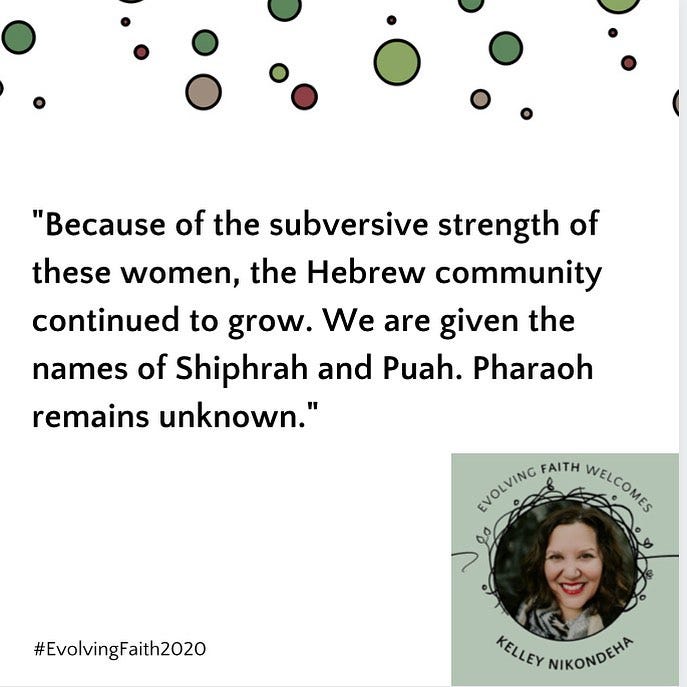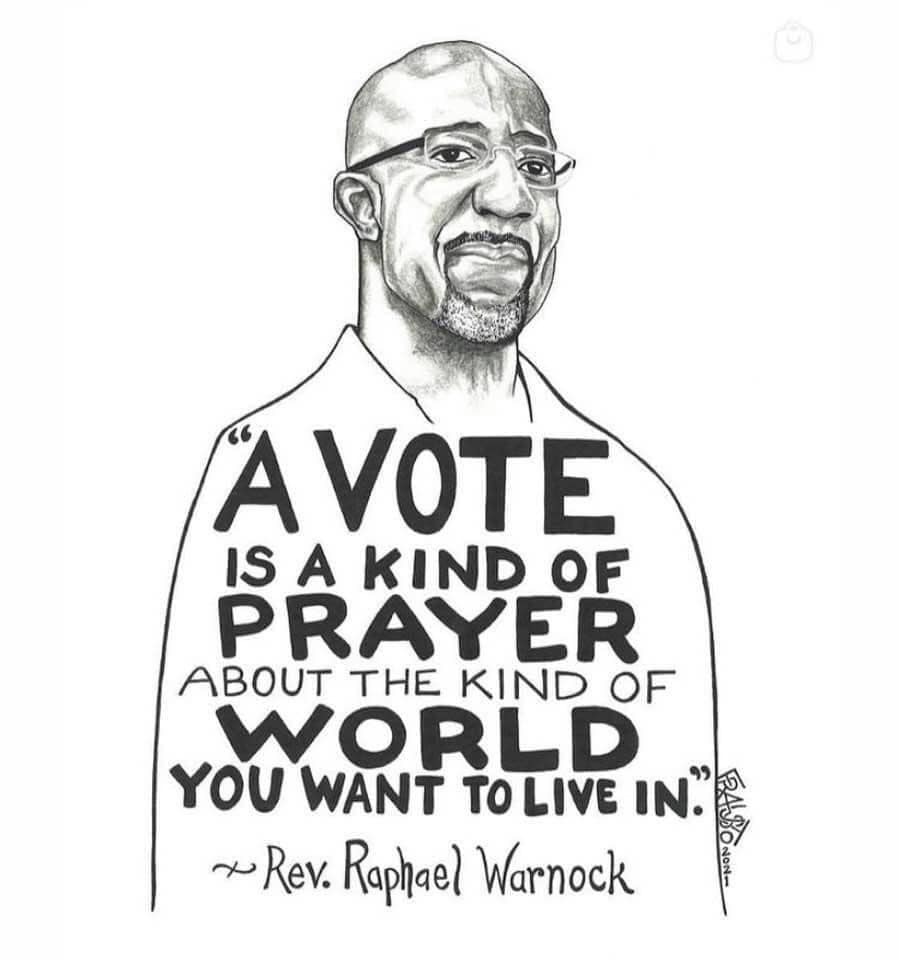(I am sending and posting this early because maybe it will help you tonight.)
Dear Friends,
Y’all, since starting this newsletter about 10 months ago, I have written to you through many crises, including the COVID-19 pandemic and my own illness and a fate-of-the-nation election. I have written to you in fear and hope and anxiety and uncertainty. I did not think it could get much worse.
Today, I pushed a meeting a few days because, instead of an ordinary January afternoon, our world pivoted into another violent coup, this time in our nation’s capital. As tenuous as things have seemed since the election in November, I wanted to believe that this was not possible, but the fact is that this is and always has been possible. And it has always been possible not just here in the United States, but throughout our history as a people. Much as it was during the first Epiphany, when the Magi arrived from the East, bearing gifts, violence always looms large.
Just this morning, before things became so deeply terrifying, Pastor Nadia Bolz-Weber reminded us that this is not new:
It is worth recalling that we remember the Magi not simply because they came a long way in order to bring gifts to the newborn Jesus, but that when the departed, Matthew writes that “they left for their own country by another road.” Herod called for them to betray God incarnate, but they declined in secret. As with so much in our tradition, they could not understand the full scope of what they were being asked or what they were refusing, but they knew what was most important.
Again, this is not a new story. The Slaughter of the Innocents in the Gospel is just another version of the Passover, and of what comes before the Passover, when Pharaoh demands that the Hebrew midwives drown all of the boy children. Instead, the midwives - Puah and Shiphrah - make false claims about how strong the Hebrew women are, how they deliver before the midwives can arrive. As Kelley Nikondeha described this story at Evolving Faith last year, the midwives risk it all through subversive righteousness, and they are remembered for it, while Pharaoh remains nameless.
Now, one of the issues implicit in all of this violence - in the stories of our faith and in our lives as we live them now - is how this happens. How does God allow such violence? It is the heart of one of the biggest theological questions, that of theodicy, and one that children and adults alike struggle deeply with. It can lead us to withhold the darker parts of our stories, to turn off the TV, to gloss over the violence. But that is not what the Gospel calls us to do. Like the Magi, like Puah and Shiphrah, we are called to act. But that doesn’t mean that we put on our riot gear, our supposed Armor of God, and march off to intervene. No, remembering that God’s redemption enters the world through our own acts of righteousness, our call is much simpler.
We are called:
To name reality. Use the words for what is happening as appropriate - racism, white supremacy, coup, domestic terrorism, Christian nationalism.
To see the patterns. This has happened so many times, and Christianity is so often complicit in it. Christian nationalism uses the Gospel as a shield for acts of violence, but we are called to be like the dove who discovers dry land, who is a sign of peace and reconciliation. We are called to be God’s vulnerable hands and feet in the world.
To pray for the world. Rev. Raphael Warnock said that “A vote is a kind of prayer about the kind of world you want to live in.” We pray with our words, but also with our lives.
To speak up for others. To defend the oppressed. To lift up the broken hearted. To usher in the kingdom.
To name our fear. This is especially true for us grownups. False bravery helps no one, and it certainly doesn’t help small people negotiate big feelings. I know this intimately, as a 9/11 kid who nearly lost a parent. This is not a time to conjure the angels singing “Do not be afraid.” This is a time to remember Christ’s fear on the cross, coupled with resignation.
In 2017, the Corrymeela Community in Ireland offered up this Prayer in Times of Violence:
A prayer in times of violence
God of all humanity
in times of violence
we see how inhuman we can be.
We pray for those who, today,
are weighed down by grief.
We pray for those who, yesterday,
were weighed down by grief.
And the day before,
and all the days before the day before.
We pray, too, for those who help us turn towards
justice and peace.
Turn us all towards justice and peace
because we need it.
Amen.
Fear and uncertainty are at the heart of so many of our stories, from the flight out of Egypt. And for some, including children, it can be a test of faith. But that’s why I want to offer you one more prayer, this one from the book of Mark: “Lord I believe; help my unbelief.” Flannery O’Connor once said that this is the most painful prayer in the Bible, and also the foundation of our faith.
Other things that might help:
Illustrated Ministries “Prayers for When You Feel Anxious” coloring pages
Glennon Doyle also has this great meditative coloring reminder that “We Can Do Hard Things” - that “we” is important, because we are traveling this road together, and in fact, the only way we can do hard thigns is together.
The Examen for Children from Pray As You Go
Growing up, I always found comfort in humming different hymns. “Seek Ye First” was my favorite, but I have a playlist of child-friendly favorites for all occasions, including great anxiety, over on Spotify. “Do Not Fear” by Seeds Family Worship is a good one for this moment, while older kids might like “Where Justice Rolls Down,” which was a favorite of mine as a teen.
In these moments, there is too much, and there are not words enough. And so I simply say, Into your hands, O Lord.
Amen,
Bird






